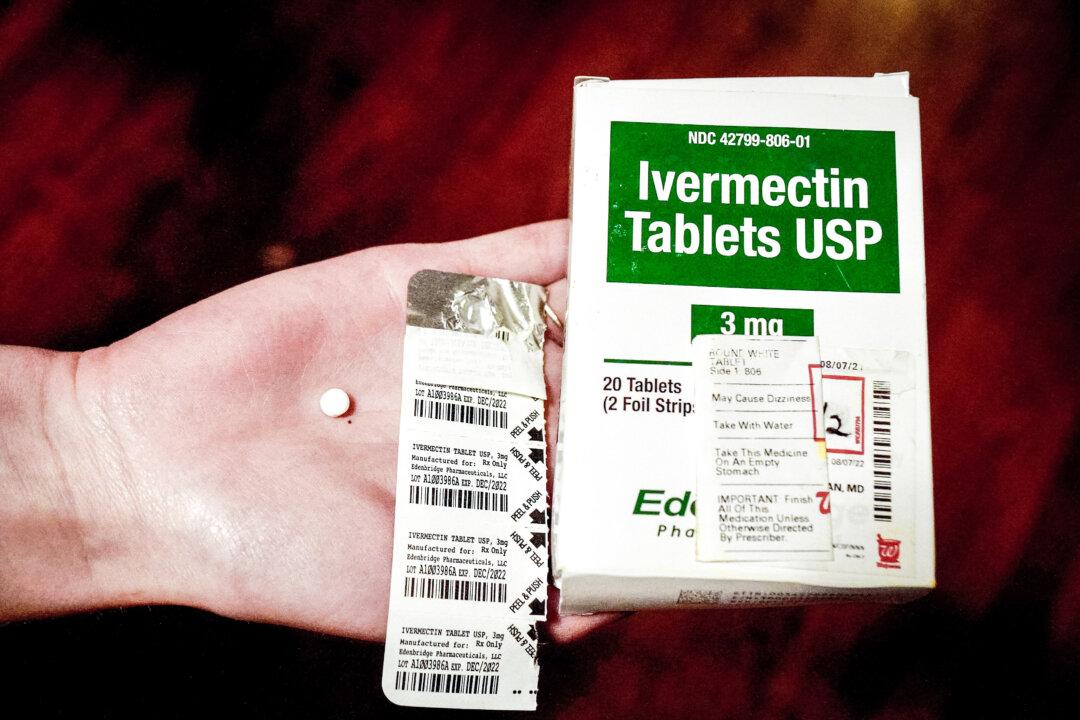At least 100 Texas Republican lawmakers and party leaders are urging the state’s highest criminal court to revisit a decision that they say dealt a major blow to the state’s ability to prosecute election fraud and jeopardized election integrity laws.
A friend-of-the-court brief filed by 14 Republican state senators on Jan. 19 called on the state’s all-Republican Court of Criminal Appeals to reconsider a decision that stripped the attorney general of the ability to unilaterally prosecute election fraud.





